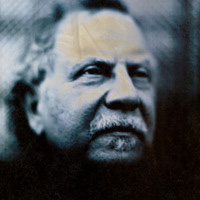


Member, Freestyle Advisory Board of Photographic Professionals
Robert Hirsch is author of Exploring Color Photography: From Film to Pixels; Light and Lens: Photography in the Digital Age; Photographic Possibilities: The Expressive Use of Equipment, Ideas, Materials, and Processes; and Seizing the Light: A Social History of Photography. Hirsch has published scores of articles about visual culture and interviewed eminent photographers of our time. He has had many one-person shows and curated numerous exhibitions. The former executive director of CEPA Gallery, he now heads Light Research.